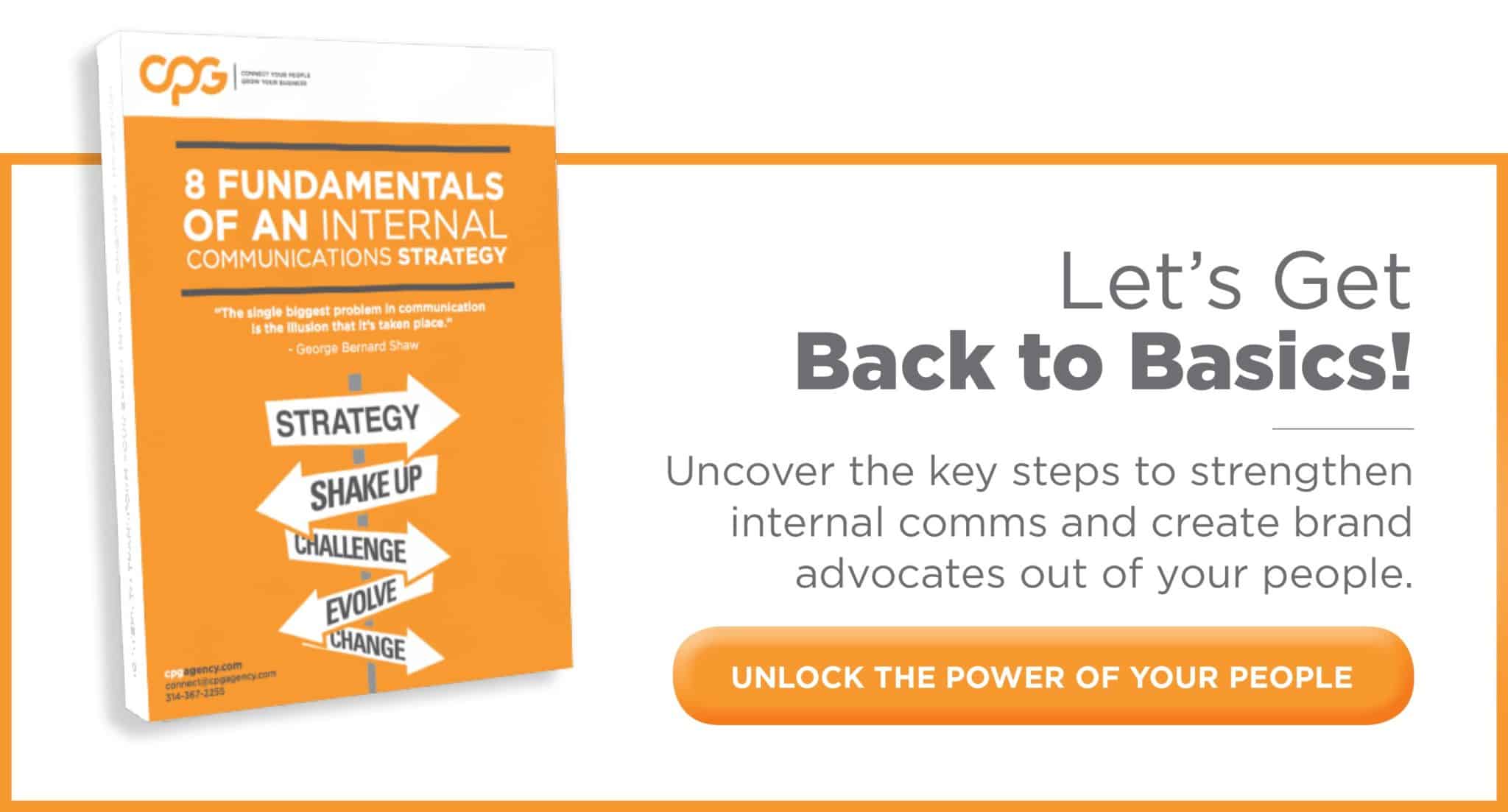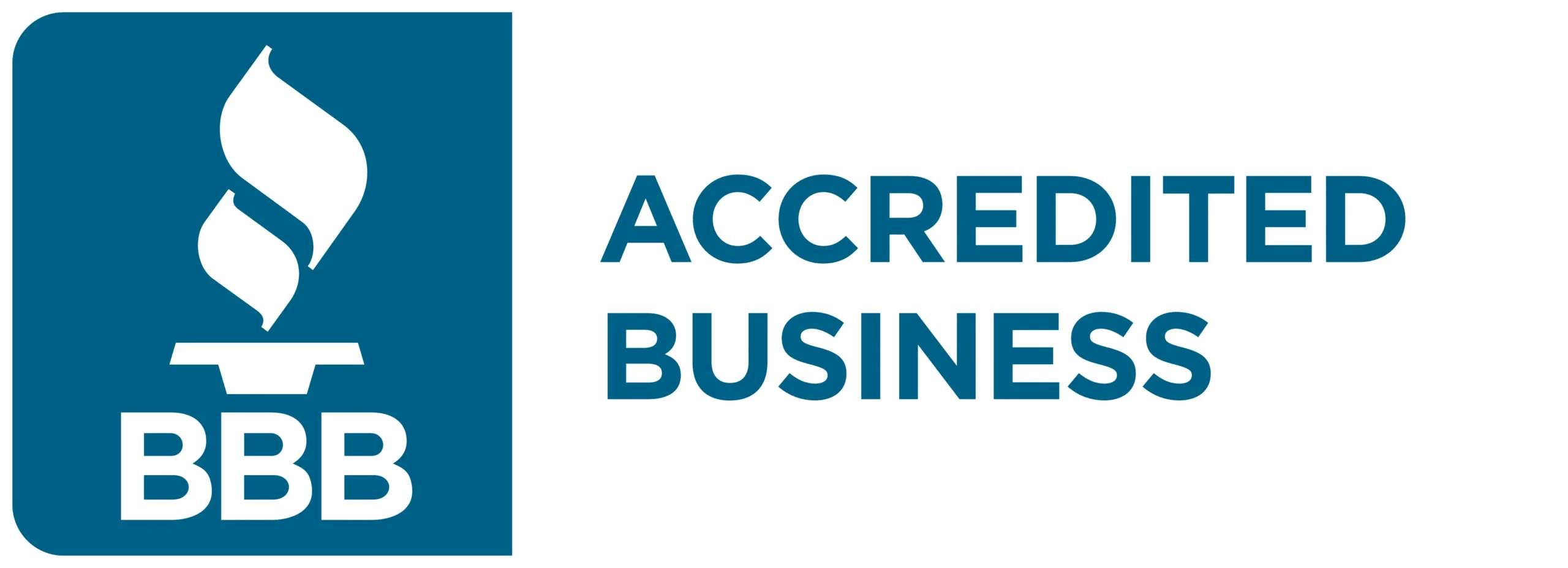Culture and Background:
An individual’s background plays a role in how they respond and react to situations. For example, maybe that employee voices their opinion so loudly because it was never valued before. The girl who keeps to herself at her desk is just too shy to make friends, not antisocial.
To help understand your employees’ backgrounds, send out a questionnaire that asks their experience, likes and dislikes, pet peeves etc. Knowing this type of information will make you ready to handle issues that may arise due to personality conflicts as well as help dish out the right kind of projects for each individual.
Don’t Treat Others How You Want to Be Treated:
Sorry, but that old saying doesn’t apply here in the workplace atmosphere.
You need to treat employees how they need to be treated. Some employees need hard criticism and a kick in the rear to get them moving on deadlines. Others are more fragile and need subtle criticism with suggestions on how they can do better. It’s important to note the differences in people and identify who is which.
Personalities are complex; you need to think beyond extrovert and introvert.

Complement Strengths, Correct Weaknesses:
This age-old saying is still around for a reason. Too many employees receive one without the other.
It’s important to encourage success and minimize failure. Employees who are constantly criticized are taught they can never do enough, while those who are overly praised think failure is beneath them. Both are red flags and a recipe for stagnant growth.
As a manager, CEO, or even employee, it is necessary to balance right and wrong for the sake of growth.
“Emotional Intelligence is when you finally understand it’s not all about you.”– Peter Stark
Emotional Intelligence is defined as, “the capacity to be aware of, control, and express one’s emotions, and to handle interpersonal relationships judiciously and empathetically.”
Having exceptional emotional intelligence is linked to the most successful leaders according to Psychology Today. This skill set allows you to experience interpersonal relationships on a different level–one besides logical and statistical.
5 Areas of Emotional Intelligence:
When understanding and practicing emotional intelligence, it’s important to note 5 keys to being a successful emotionally intelligent person.
1. Self Awareness:
The person is aware of their strengths and weaknesses as well as how their actions, directly and indirectly, affect others.
2. Self Regulation:
A person with a high EQ can maturely reveal their emotions and exercise restraint when needed. Instead of squelching their feelings, they express them with restraint and control.
3. Motivation:
Emotionally intelligent people are self-motivated. They are not motivated by money or a title. They simply work for their own betterment as well as the betterment of others. They are resilient and optimistic when encountering failure.
4. Empathy:
A person who has empathy has compassion and an understanding of human nature that allows them to connect with other people on an emotional level. The ability to empathize allows a person to provide great service and respond genuinely to others’ concerns.
5. People Skills:
People who are emotionally intelligent are able to build rapport and trust quickly with others on their teams. They avoid power struggles and backstabbing. They usually enjoy other people and have the respect of others around them.
In the workplace, employees tend to fall into one of four areas
When developing these skills to interact with employees, it’s also important to note the Psychological Institute has identified 4 types of employees in the workplace and how they are engaged. These categories represent how employees function in the workplace effectively.
Thinkers: These employees are fact and logic based. They want clear outlines of duties as well as clear expectations.
Judgers: These employees are driven to succeed. They are organized, decisive, and hold high regard to those who keep them accountable. They are always completing tasks with quick and thorough efficiency.
Feelers: They are emotionally bound and make decisions based on their emotions. They are supportive and compassionate employees that encourage those around them. They want projects they are passionate about and can fall in love to create a masterpiece.
Perceivers: They are closely related to judgers, but are more spontaneous than their cousin judgers. They are the office cheerleader and love to see success. They enjoy clear outlines of projects but, after the assignment, they want something they can take and run with to create something amazing.
Employees can easily get stuck in a mundane rut and in a slump on performance. All of these factors help ensure the assignments and activities you are giving to your employees are the right ones to create a simulated atmosphere and one that excites them.

Download Our eBook: 8 Fundamentals of an Internal Communications Strategy
If your people are sending out the “whatever” vibes, it’s time to get back to the basics. Make sure your internal communication strategy is following 8 fundamentals to cultivate an engaged workforce aligned with your company’s success.
Cultivate an Environment of Brand Advocates
By taking notice of each employee’s individual personality needs, you create and cultivate an environment that is bred to be individualistic towards individual needs. This ensures greater success and greater employee satisfaction.
There are major benefits to placing importance on Emotional Intelligence in your workplace. According to Psych Central, these are the top benefits that follow emotional intelligence training:
- Employees tend to not lash out; they think before they respond
- Employees are more empathetic towards others when pursuing tasks and making decisions
- When empathy is increased, people are more likely to understand others and their actions, such as why they feel or act the way they do
- Employees communicate with everyone in a courteous, concise, and clear matter
- Employees feel more connected to the workplace and feel more connected as a whole with the coworkers and higher-ups
Along with the good, comes the bad. The ways not being Emotionally Intelligent can affect your life are:
- You could come off as insensitive and push others way
- Arrogance becomes extremely prevalent when an employee thinks they know it all and do not need guidance
- Volatility can occur when your emotions are not in check
- You can come off as rigid, not wanting to develop and grow as a person or employee
- People may perceive you as selfish since you lack empathy and emotion towards others, it may seem like you believe the world revolves around you
By taking emotional intelligence into consideration when mapping your communication strategies or planning your internal events, you create a stronger footing to engage brand advocates within your organization.
For more tips around internal communications, check out our eBook that explores why the basics are so important to get right when building your internal communications strategy.






